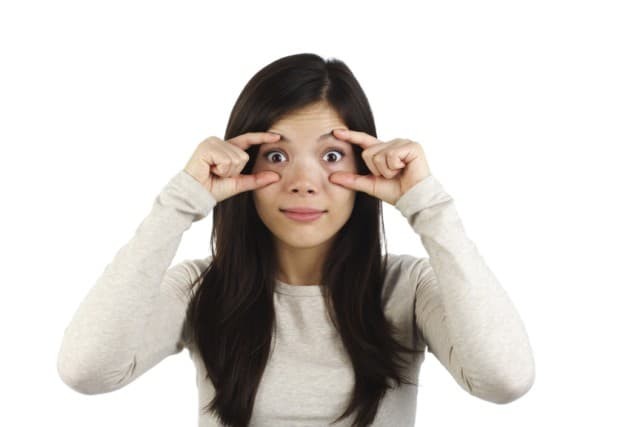
Insomnia is something that affects all people at some point or another during their lives. But what is it and what causes it? Read on to learn more.
What is Insomnia?
Insomnia is defined as the inability to get high-quality sleep. It can last for short periods, such as a day or two, or for longer periods such as a month or more. Different people need different amounts of sleep so insomnia is not defined as how much sleep you get, but rather how good the sleep you get is.
During the night, symptoms of insomnia include difficulty falling asleep even though you feel tired, using sleeping pills or alcohol to fall asleep, waking frequently or lying awake at night, and waking too early without feeling refreshed. During the day, symptoms of insomnia include drowsiness, fatigue, irritability, difficulty concentrating, slower reaction times, diminished mental alertness, a weakened immune system, and an increased risk of depression, anxiety, and substance abuse.
Psychological Causes of Insomnia
Some psychological causes of insomnia include the following:
- Anxiety – this is where the person feels tension, apprehension, and feelings of helplessness, worry, fear, and uncertainty. This can be caused by a number of factors, including work, money worries, relationship issues, and so forth.
- Stress – if a person is feeling stressed, it can affect their ability to sleep.
- Depression – is characterised by feelings of sadness, despair, and discouragement.
Physical Causes of Insomnia
Some physical causes of insomnia may include:
- Hormonal changes in women – these include premenstrual syndrome, menstruation, pregnancy, and menopause.
- Decreased melatonin levels – melatonin is a hormone that helps to control sleep, and levels of this hormone decrease as a person ages. By the age of 60, very little melatonin is produced.
- Medical conditions – can interfere with a person's ability to sleep. Such conditions can include allergies, arthritis, asthma, heart disease, high blood pressure, hyperthyroidism, and Parkinson's disease.
- Pain – which results from injury or an illness can often interfere with a person's sleeping patterns.
- Genetics – insomnia can sometimes run in families, although research has yet to determine why.
- Heartburn – the back up of stomach contents into the esophagus can wake a person several times during the night. During the night, lying down and less frequent swallowing can cause more reflux. Try elevating your head to help ease the problem.
- Other sleep disorders – such as sleep apnea and periodic arm and leg movements during sleep can make it difficult to gain restful sleep.
Temporary Causes of Insomnia
Insomnia isn't always caused by physical or psychological factors. Short term insomnia is actually very common and can be caused by:
- Adjustment sleep disorder – this is where a person has difficulty sleeping due to a change or stress in their life. This disorder may be caused by a traumatic event such as illness or the loss of a loved one, or by more minor events such as weather changes or arguments.
- Jet lag – traveling across time zones can often cause brief periods of insomnia.
- Shift work – a change in the shifts that you work can often cause problems when it comes to adjusting your sleeping habits.
- Medication – insomnia is a potential side effect of both prescription and over the counter medication.
- Too much coffee and alcohol – caffeine disrupts sleep, and while a drink or two before bed can help you to relax, too much alcohol can lead to fragmented sleep and cause you to wake a few hours later.
- Noise, extreme temperatures, or a change in environment – these can all affect sleep quality.









